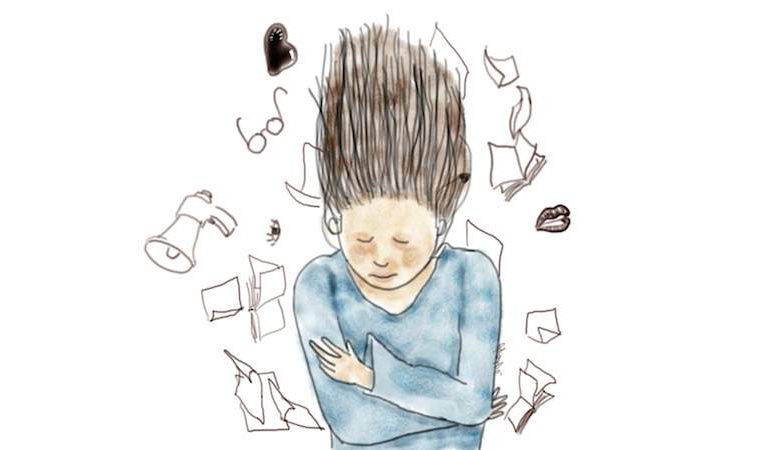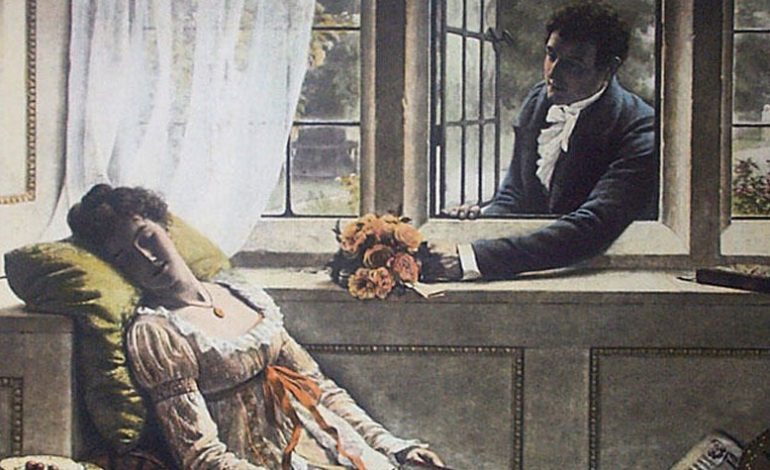State of Women: Changing the Legislation on Sexual Violence

A proposed draft bill on sexual violence against women did not make it to the five-year legislative agenda of Indonesia’s House of Representatives, to the disappointment of women and human rights activists in the country.
Its exclusion shows the difficulty in making women issues a priority in Indonesia, particularly when it comes to addressing violence. Every day 35 women become victims of sexual violence, according to the National Commission on Violence against Women (Komnas Perempuan).
And every year, cases of abuses increase, showing that the existing legislations and legal system are not effective in protecting women against violence. Komnas Perempuan recorded 293,220 cases of violence against women in 2014, up from the figure in the previous year of 279,760, which was a 22 percent rise from 2012. Violence in domestic or personal realm still makes up the larger part of these cases.
Many of these cases did not end with the perpetrators being punished, and several factors contribute to this. Chief among them is that the Indonesian laws are not comprehensive enough in protecting women from abuses. The 2014 Law on Domestic Violence, for example, does not cover violence in non-marital relationships. Dating abuses, especially among young Indonesians, are disturbingly high, making up about 21 percent of all cases of violence against women in personal realm. Cases of dating violence either never go to trial, or if they are, the perpetrators get off with light sentences.
Furthermore, the existing laws tend to cover physical abuses only, making it harder for justice to be on the women’s side in cases of sexual violence, as well as in abuses that are more emotional and psychological in nature. And, of course, prosecuting sexual violence in court is made more difficult by a law that requires two witnesses to the crime.
But the women’s groups have not given up their fight for a stronger legislation. Early this month, Komnas Perempuan met with President Joko Widodo to brief him on the situation, and he agreed to support the initiative to draft a series of law.
“The president supported the initiative to draft a law on sexual violence, law on domestic helper, and law on gender equality as well as to revise the law and migrant workers,” Commission Head Yunianti Chuzaifah was quoted by Kompas daily as saying.
The women’s groups promised they would continue to push the sexual violence bill to be deliberated by Parliament. This bill would be based on 15 types of violence, including rape, sexual harassment, sexual exploitation, sexual control, sexual torture and sexually charged punishment. According to the Jakarta Post, the draft bill excluded some types of violence earlier proposed, among them forced prostitution, forced pregnancy and abortion, and female genital mutilation (circumcision).
The bill will impose a maximum jail sentence of 15 years for sex crime offenders. It will also enable a rape case to be tried based only on the victims’ testimony and one other evidence. It would widen the definition of rape, to include, among others, penetration by non-genital items.
A Plan-B to this effort is to ensure that the amendment of the Criminal Code, which is in the House’s five-year agenda, will include a revision to its outdated interpretation of violence against women. This includes revising the legal definition of rape, reconstructing the culturally biased perspective based on morality and decency that has been responsible for undermining the severe nature of sexual crimes.
This is an important step in bringing perpetrators of sexual violence to justice. Komnas Perempuan have found that nearly a fourth of cases of violence reported between 1998 and 2010 could not be processed legally, because there were no legal bases to prosecute the crimes.
This and the religious and cultural bias make many sexual violence victims reluctant to report their cases to the authority for fears of being judged by the officials in charge of investigating and protecting them.
We still have a long way to go, but for now, let’s keep up the public pressure on the legislature, the President, and everyone to make this issue a priority.
*Read Devi’s report on women in politics in Indonesia and follow @dasmaran on Twitter.






















